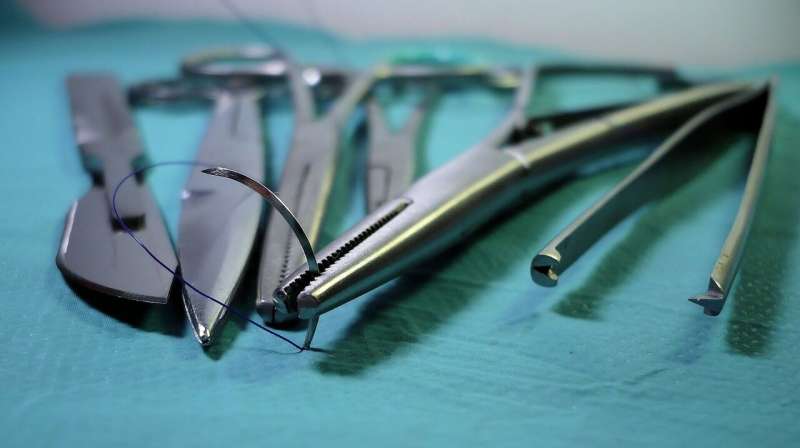Internationally Recognized Curriculum Launched to Standardize Epilepsy Surgery Training

The ILAE has developed the first international curriculum to standardize epilepsy surgery training, aiming to improve epilepsy care globally. This comprehensive program addresses training gaps and promotes high-quality surgical practices.
The International League Against Epilepsy (ILAE) has introduced the first comprehensive international curriculum dedicated to epilepsy surgery, aiming to establish uniform training standards worldwide. Developed by a specialized task force, this knowledge-based curriculum was evaluated by 122 experts in neurology and neurosurgery globally. It covers essential areas such as epilepsy diagnosis, surgical counseling, pre-surgical evaluation, and surgical techniques. The curriculum is designed to address two training levels: Level 1, which encompasses widely available surgical techniques, and Level 2, which focuses on more advanced, high-tech surgical interventions. This initiative seeks to bridge the existing training gaps across different centers, some of which have well-structured epilepsy surgery curricula while others lack formal programs.
Christian Dorfer, a leading figure from the Department of Neurosurgery at the Medical University of Vienna and founding president of the International Epilepsy Surgery Society, emphasized that standardized training could help ensure high-quality treatment for epilepsy patients worldwide. Similarly, Arthur Cukiert, director of the São Paulo Epilepsy Clinic, highlighted the importance of establishing a universal curriculum to improve overall surgical practices.
Epilepsy surgery is typically considered when medications fail to control seizures, involving procedures like removal or destruction of seizure-originating brain areas, disconnection of brain regions, or implantation of neurostimulators. Despite its proven safety and effectiveness in clinical trials, less than 1% of candidates with drug-resistant epilepsy are referred for surgical evaluation, underscoring the significant treatment gap. About one-third of individuals with epilepsy experience drug-resistant forms that may benefit from surgery.
The new curriculum aims to address these disparities by providing clear training pathways and promoting more consistent surgical practices across the globe. The details of the curriculum were published in the journal Epileptic Disorders, representing a significant step toward improving epilepsy care worldwide. For more information, the full report can be accessed through DOI: 10.1002/epd2.70054.
Stay Updated with Mia's Feed
Get the latest health & wellness insights delivered straight to your inbox.
Related Articles
Reevaluating Medical Parole: The Need for Fairer Access for Terminally Ill Prisoners
Despite existing policies, medical parole for terminally ill inmates remains rarely granted. Experts argue for system reforms to improve access and ensure humane treatment for vulnerable populations.
Why Hot Weather Makes Testicles Hang Lower: A Medical Perspective
Summer heat causes testicles to hang lower, a natural response to help regulate temperature and support reproductive health. Learn how this physiological process works and its importance for fertility.



